Scenic Spot of the Source of the Yellow River
Scenic Spot of the Source of the Yellow River
Kariqu, one of the sources of the Yellow River, started with five springs, and Maqu, the other with only one springs. This is the source area of the Yellow River. Tourists here can't imagine that the emperor of the Yellow River is not a torrential flood, but a stream of fine springs and a hot forest beach with many gravel weeds. The Yangtze River and the Yellow River both originated in Qinghai. At the source of the Yellow River, the scenery is pleasant, the water and grass are abundant, the lakes and streams are scattered everywhere, which is very spectacular. The upstream of the Yellow River has a large drop and a fast current, which is suitable for exploratory drifting. The source of the river is exploration and scenic spot, where you will appreciate the beauty of nature, which is clear and mysterious.
Development history
The Chinese people have a clearer understanding of the Yellow River and its source after the Tang Dynasty. Since the Tang Dynasty, the contacts between the people of the Central Plains and the ethnic minorities in the frontier areas have been greatly strengthened, especially with the Tubo people living on the Qinghai-Tibet Plateau. The source of the Yellow River is the ancient road leading to the Tibetan Plateau.
In the fifteenth year of Zhenguan, Princess Wencheng married to Tibet, and King Songzangganbu of Tubo welcomed her at the source of the Yellow River. In AD 821, Liu Yuanding, an envoy of the Tang Dynasty, visited the source of the Yellow River. The Yellow River originated from the Kariqu Valley and the Guzongli Basin at the northern foot of the Bayan Hara Mountains, which are divided into two sources, north and south. The elevation of the two places is between 4600 and 4800 meters, and the source of the Yellow River is listed as a national nature reserve.
Main attractions
Salt bridge
"Wanzhang Salt Bridge" is a section of highway from Golmud to Dunhuang which passes through Dabson Lake. The 15-18 meter salt cover forms a natural "salt bridge" of 2 kilometers, which can reach 10,000 Zhangs in the market system. Therefore, people call it "Wanzhang Salt Bridge". The road surface on the bridge is smooth and smooth, with mountains and lakes matching each other, and the scenery is beautiful, which is unparalleled in the world.
Constellation Sea
Xingsuhai, historically used to indicate the source area of the whole Yellow River, can be said to be the first gas station after the Yellow River left Shandong. This "sea" is a basin-shaped wetland, about 30 kilometers in length from east to west, and a short distance from north to south, only a few kilometers to more than a dozen kilometers. It is said that the "sea" does not have water everywhere, but gathers water in relatively low-lying areas of the basin, and has many large and small puddles and ponds. It is not too much to compare with the sky-filled stars. In addition, Zhaling Lake and the eastern Erling Lake, which are not far away from it, are the two largest lakes in the Heyuan area.
Card day music
Kariqu, one of the sources of the Yellow River, started with five springs, and Maqu, the other with only one springs. This is the source area of the Yellow River. Tourists here can't imagine that the emperor of the Yellow River is not a torrential flood, but a stream of fine springs and a hot forest beach with many gravel weeds.
Tourism information
Traffic information
About 150 kilometers from Maduo County to the source of the Yellow River, there are no buses. Due to poor road conditions, chartered trains also take 4 hours to go. The cost of Chartered trains from Maduo County to the source of the Oling Lake, Zhaling Lake and the Yellow River is about 600 yuan, and the round trip (including play time) takes about 8 hours. Chartered bus from Jiegu Town to these three places takes about 1,000 yuan, round trip (including play time) takes about 12 hours, and usually one night's accommodation in Mado County.
Travel Tips
Here, the altitude is over 5000 meters, the air is thin, quite a number of people will have mountain reaction, physical discomfort, and sometimes even very dangerous. It is suggested that before departure, it is better to go to a larger hospital in Xining for physical examination, seek the advice and diagnosis of doctors, but not brutally.
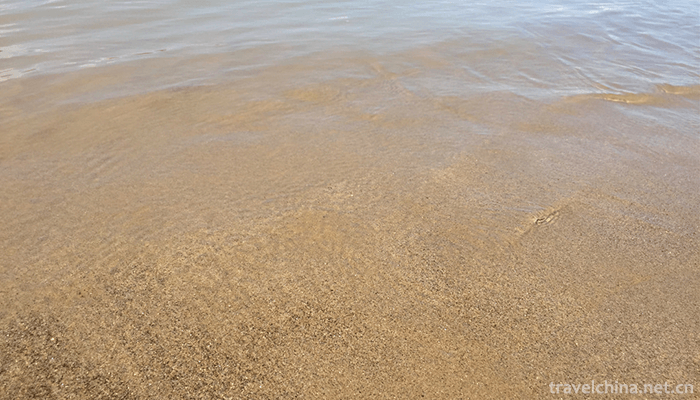
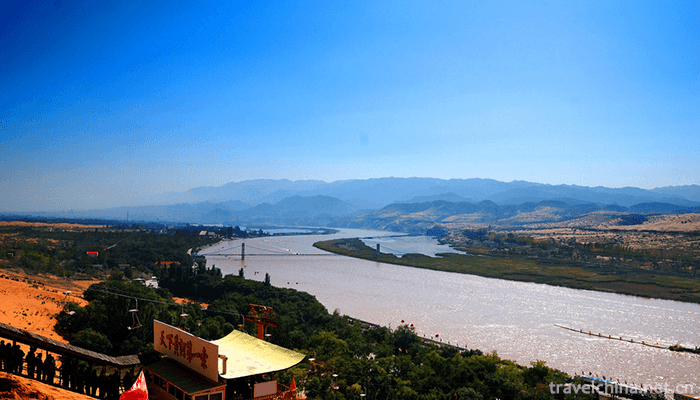
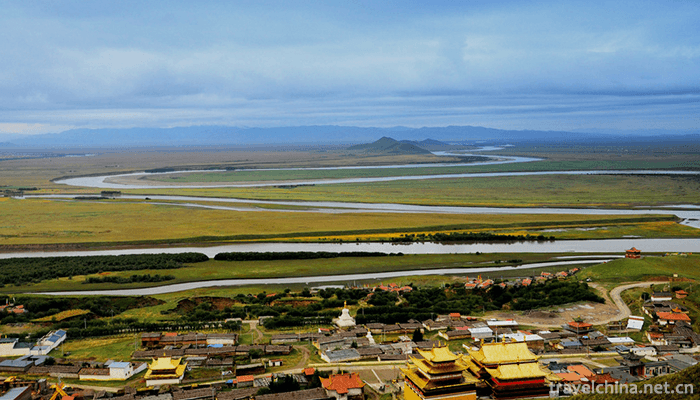
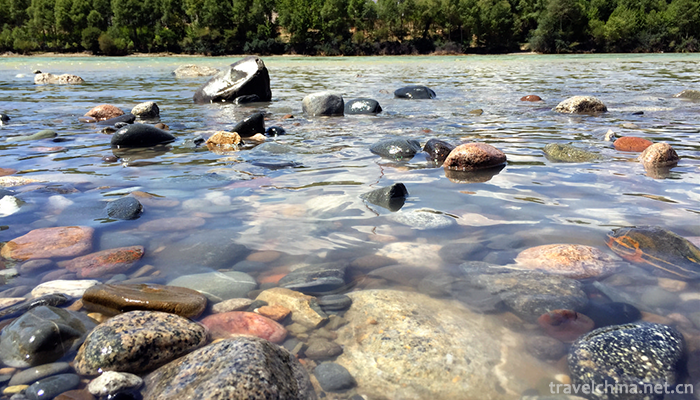
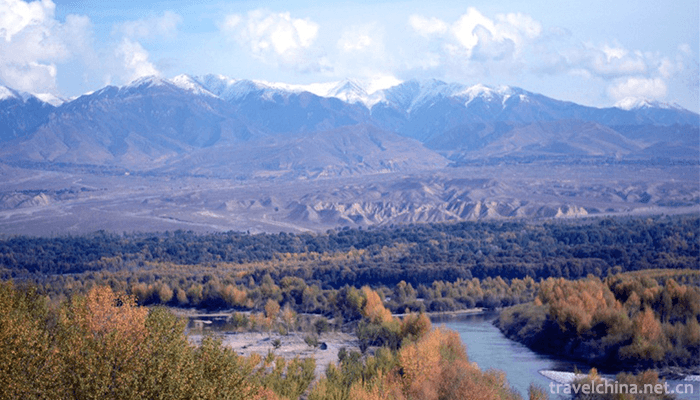
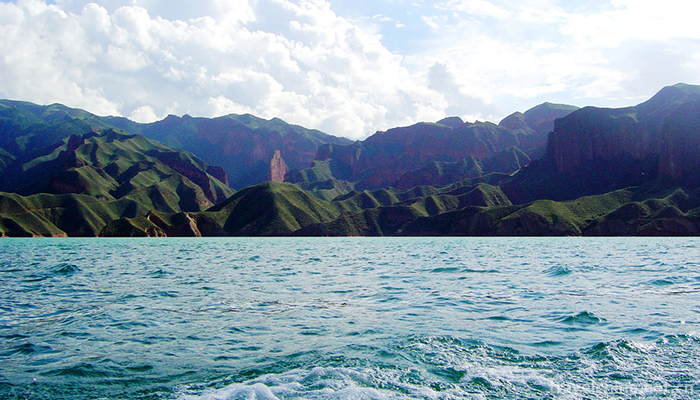
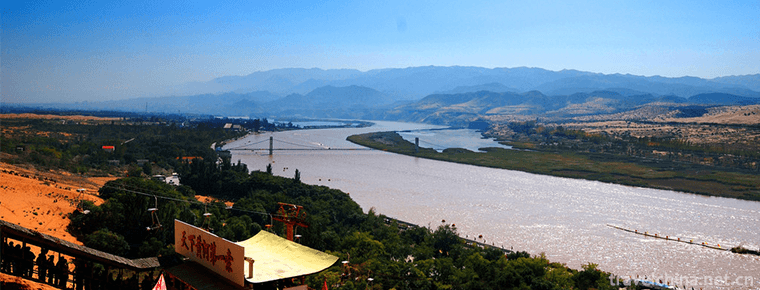
-
1.QomolangmaEverest
Mount Qomolangma (Mount Qomolangma) is the main peak of the Himalayas and the highest mountain in the world. It is located on the border between China and Nepal. The peak is located in China
Time 2018-10-30 -
2.Park hyatt Guangzhou
In Guangzhou Park Hyatt Hotel, a traditional Lingnan culture and Gourmet Tour is opened. Guangzhou Baiyue Hotel integrates Lingnan's long history and culture with Baiyue's delicate modern
Time 2018-12-16 -
3.Ancient town of Guandu
Guandu Town, located in the Southeastern Suburb of Kunming, is one of the famous historical and cultural ancient towns in Kunming. Guandu ancient town gate (big archway) is located in the southeastern
Time 2019-01-13 -
4.Longtan Ecotourism Resort
Lianzhou Longtan Eco-tourism Resort is a tourism project invested and constructed by Lianzhou Aidi Tourism Development Co., Ltd. of Qingyuan City. Based on the original Huangchuan
Time 2019-01-19 -
5.Nanchong Xishan Scenic Area
Nanchong Xishan Scenic Spot, located in the west of Shunqing City, is a provincial scenic spot and a national 4A-level tourist attraction. It is the destination of "Three Kingdoms Cultural Explor
Time 2019-02-25 -
6.Eight dishes
Eight-flavor dish is a delicacy, the main ingredients are green pepper, 1000 grams; soybean, 1000 grams; head vegetables, 3000 grams; sugar, 250 grams; vinegar, 250 grams; salt, 250 grams; soy sauce,
Time 2019-03-27 -
7.Traditional Sugar making Techniques
In the memory of many Wenzhou people, when they were young, they were short of doctors and medicines, but the old people had many earthen prescriptions which were very useful.
Time 2019-04-21 -
8.Diabolo
Diabolo is a splendid flower in Chinese traditional culture garden. Diabolo used to be called "Hu Dao", also known as "ground bell", "empty bell", "wind gourd".
Time 2019-04-28 -
9.Herbal tea
Herbal tea is the general name of traditional Chinese herbal medicinal plant beverage. Guangdong herbal tea is the representative of traditional Chinese herbal tea culture. Herbal tea is a kind of bev
Time 2019-05-13 -
10.Circus
Circus is one of the acrobatics. Originally, it refers to the performance performed by people on horses. Now it is a general term for the performance of various wild animals and domesticated birds. It
Time 2019-05-16 -
11.Bamboo horse
Bamboo horse, also known as running bamboo horse or playing bamboo horse, is an ancient traditional folk dance. The art form of singles performed on the street is like the "two ghosts wrestling&q
Time 2019-08-10 -
12.Ding Zhen first salary to buy washing machine and battery car
Ding Zhen's first salary to buy a washing machine battery car, do not want her mother's hands frozen
Time 2020-12-06